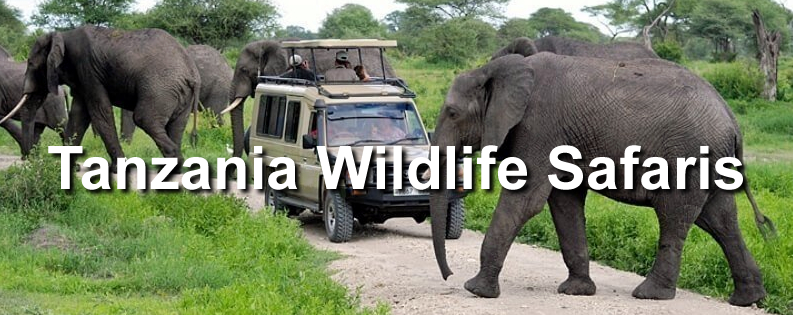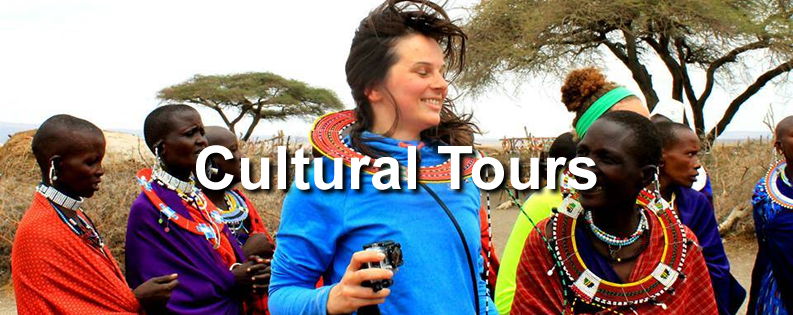The Role of Religion in Tanzanian Culture: A Tapestry of Beliefs
Introduction: A Land of Spiritual Diversity
Tanzania, an East African gem, is not just renowned for its stunning landscapes and diverse wildlife; it is also a vibrant tapestry woven from various religious beliefs and practices. With over 120 ethnic groups and a rich cultural heritage, religion plays a vital role in shaping the societal norms, values, and traditions of this beautiful nation. Understanding the role of religion in Tanzanian culture is essential for anyone looking to experience the essence of this remarkable country. Whether you’re planning a safari to witness the majestic Serengeti or exploring the historical streets of Stone Town, delving into the spiritual life of Tanzania will enhance your journey.
Join us as we explore the significant influences of religion in Tanzania, and be inspired to immerse yourself fully in this captivating culture!
The Religious Landscape of Tanzania
A Melting Pot of Faiths
Tanzania is home to a rich mosaic of religious beliefs. The two dominant faiths, Christianity and Islam, coexist alongside traditional African religions and various other beliefs. Approximately 60% of Tanzanians identify as Christians, while about 35% are Muslims. The remaining 5% comprise practitioners of indigenous religions, Hinduism, and other faiths.
Christianity, introduced by missionaries in the late 19th century, has significantly influenced Tanzanian culture, arts, and education. Churches often serve as community centers, providing not only spiritual guidance but also social services.
Islam, on the other hand, has a long, storied presence in Tanzania, particularly along the coastal regions. The Swahili culture, which blends African and Arab influences, is a testament to the historical significance of Islam in shaping local traditions and languages.
Traditional Beliefs: The Heartbeat of Culture
In addition to Christianity and Islam, traditional African religions play a crucial role in the spiritual lives of many Tanzanians. These beliefs are deeply rooted in the customs and rituals of various ethnic groups. Ancestor worship, reverence for nature, and the belief in spiritual forces are common themes.
Festivals and ceremonies are vibrant, communal events that showcase the interconnection between spirituality and daily life. Engaging in these traditional practices offers a profound insight into the community’s values and the respect for their ancestors and natural surroundings.
Religion and Social Cohesion
Building Communities through Faith
Religion in Tanzania is more than just a personal belief system; it fosters social cohesion and unity. In a nation with diverse ethnic backgrounds, religious institutions often serve as a bridge, bringing together people from different walks of life. Churches and mosques provide not only spiritual guidance but also a platform for community engagement and support.
The shared values imparted by religious teachings encourage cooperation and harmony among different groups, laying the foundation for peaceful coexistence. This sense of unity is crucial, especially during times of social or political challenges, as communities rally around their shared beliefs.
The Role of Religion in Education and Development
Religious organizations in Tanzania play a pivotal role in education and development. Numerous schools, hospitals, and social programs have been established by various religious groups. These institutions aim to provide quality education and healthcare, contributing to the overall development of society.
Many Tanzanians place a high value on education as a path to success, and religious teachings often emphasize the importance of knowledge. Therefore, the collaboration between religious organizations and the government in promoting education and social welfare initiatives is a significant aspect of Tanzanian culture.
Challenges and Opportunities
Navigating a Changing Landscape
As Tanzania continues to modernize and develop, the role of religion faces both challenges and opportunities. Globalization and technological advancements influence beliefs and practices, leading to a dynamic interplay between tradition and modernity.
While some may view these changes as a threat to cultural identity, many Tanzanians embrace them as an opportunity for growth and dialogue. Interfaith initiatives and the rising prominence of secularism present new avenues for understanding and collaboration among different religious groups.
Preserving Cultural Heritage
In the face of modernization, preserving Tanzania’s rich religious traditions is essential. By promoting cultural heritage and encouraging respectful dialogue among various faiths, Tanzanians can maintain their unique identity while adapting to the future.
Conclusion: Embrace the Spiritual Journey in Tanzania
Tanzania’s religious landscape is a vibrant and essential component of its cultural identity. From the majestic peaks of Kilimanjaro to the serene shores of Lake Victoria, every corner of this nation tells a story of faith, community, and resilience. Understanding the role of religion in Tanzanian culture not only enriches your travel experience but also opens your heart to the profound connections that unite humanity.
Ready to explore the depths of this spiritual tapestry? Book your Tours and Safaris with Authentic Vacations Adventures, a leading tour operator in Arusha, Tanzania. Let us guide you through an unforgettable journey filled with authentic experiences, breathtaking landscapes, and the warmth of Tanzanian hospitality.
Embrace the beauty of faith, culture, and adventure in Tanzania—your spiritual journey awaits!









